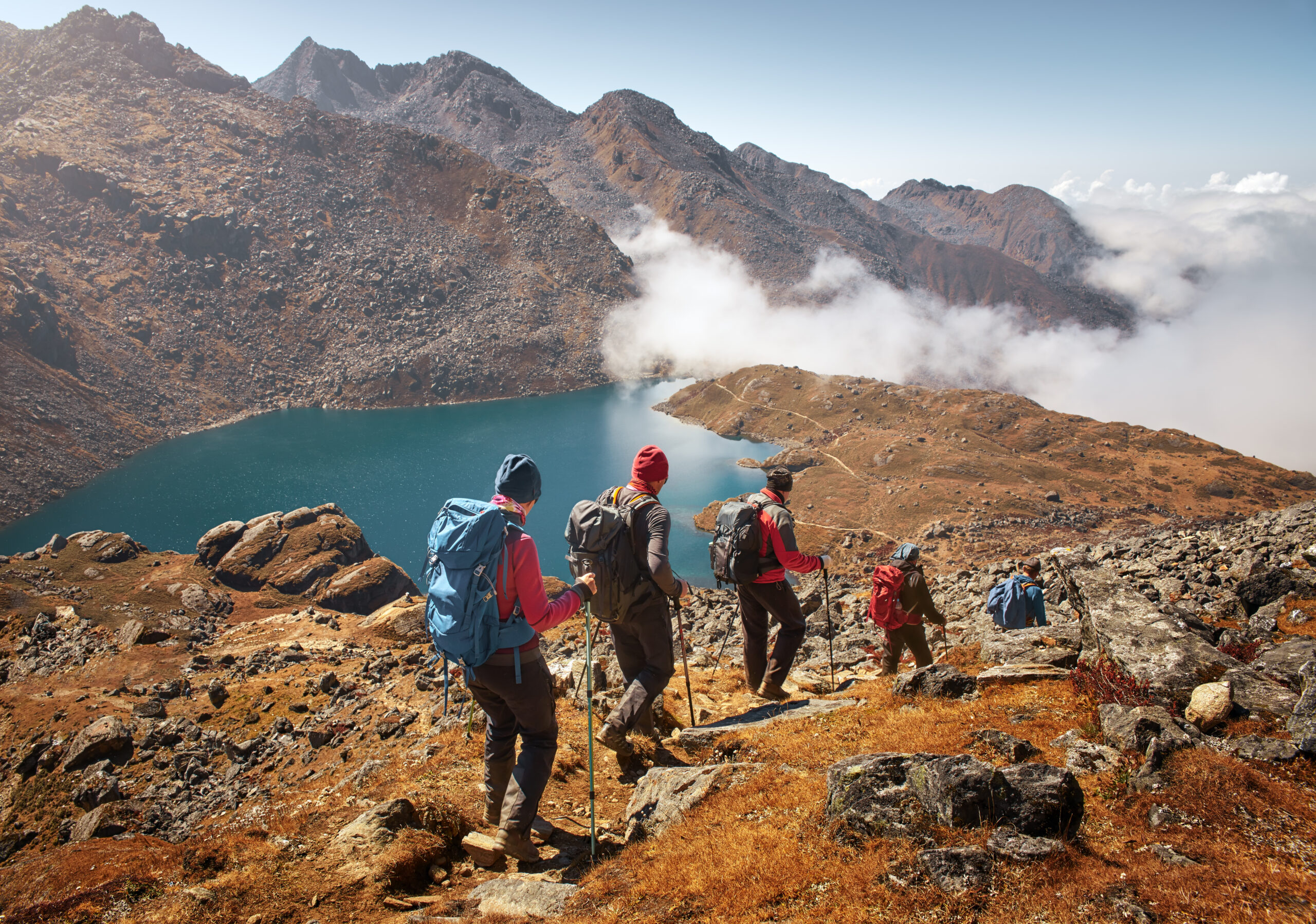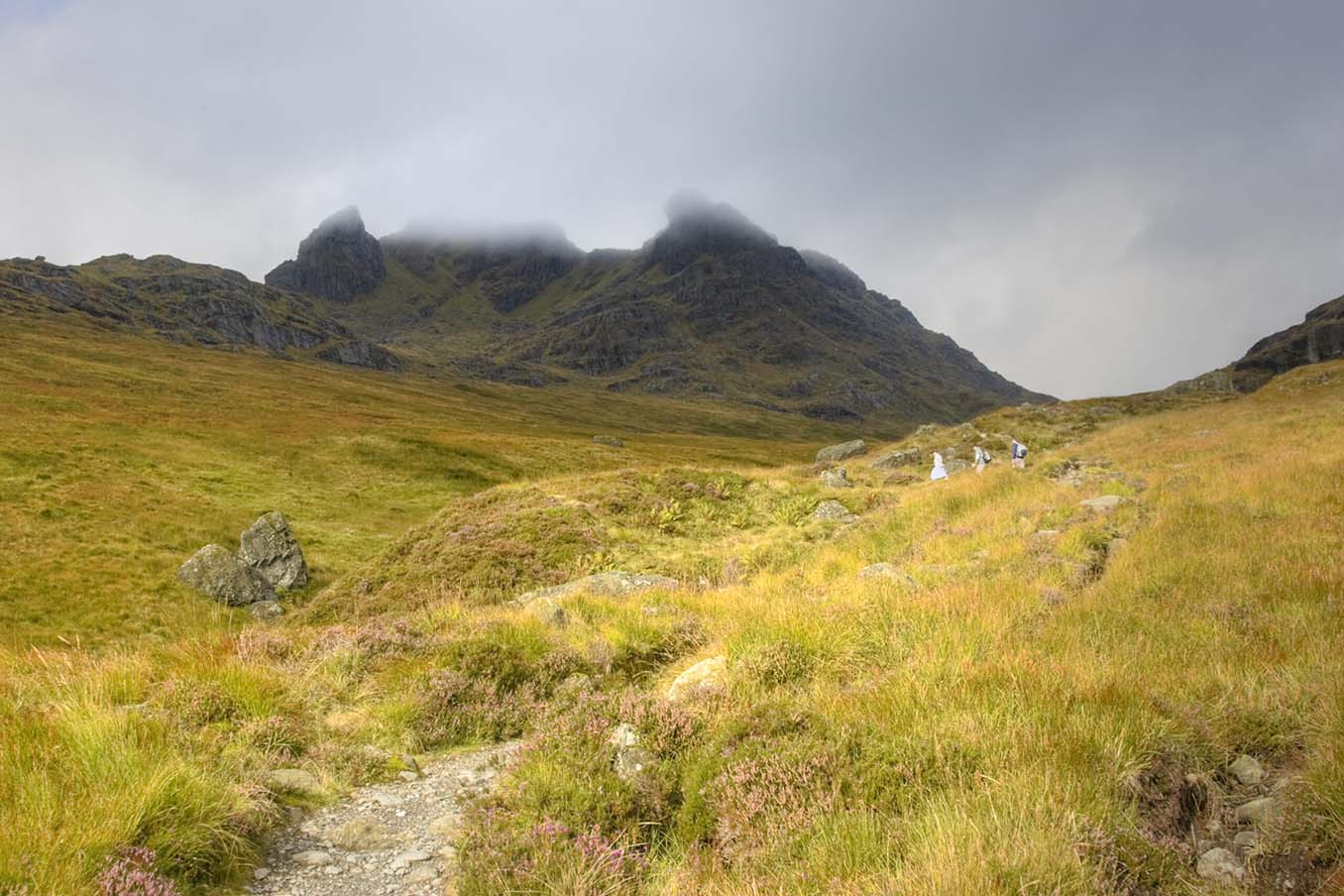In the quest for peak performance and a deeper sense of fulfilment in our lives, the psychological concept of flow emerges as a fascinating and elusive state that many of us strive to achieve. Flow, a term coined by psychologist Mihaly Csikszentmihalyi in the 1970s, encapsulates a state of complete immersion and heightened focus that leads to an optimal experience in activities ranging from sports to creative pursuits and even everyday tasks. I became interested in the concept of Flow after reading the book Stealing Fire by Steven Kotler and Jamie Wheal and then further on a Duratus webinar hosted by Dr Martin Jones and Gaz Banford, a former Special Forces Sgt Major. This blog post delves into the intricacies of flow, exploring its characteristics, the conditions that foster its occurrence, and practical strategies for entering this state.
Understanding the Essence of Flow
Flow is often described as being “in the zone,” a magical state where an individual’s skills align perfectly with the challenges they face, leading to peak performance and a profound sense of satisfaction. It’s a moment where time seems to stand still, worries fall away, and one is fully engaged in the task at hand.
The Altered State of Peak Performance
At its core, flow represents an altered state of consciousness, a paradox where one is simultaneously in control yet operating on autopilot, fully absorbed in the moment. This state is characterized by a profound sense of focus, a merging of action and awareness, and a loss of self-consciousness, contributing to peak performance levels across various domains.
Balancing Challenge and Skill
Key to achieving flow is the delicate balance between the challenge of the task and the individual’s skill level. Csikszentmihalyi emphasizes that flow occurs at the junction where the difficulty of a task matches one’s ability to perform it, necessitating clear goals and an incremental increase in challenge level. This equilibrium ensures that activities are engaging without being overly stressful or monotonous.
Cultivating Conditions for Flow
Achieving flow requires an understanding of the conditions that facilitate this state, allowing individuals to recreate these conditions across different scenarios.
The Power of Gamification
Incorporating game-like elements into non-game contexts, a practice known as gamification, can significantly boost motivation and engagement, paving the way for flow. This strategy underscores the adaptability of flow, highlighting its potential to make even routine tasks more enjoyable and engaging.
Insights from Neuroscience
The transient hyper-frontality theory sheds light on the cognitive processes underlying flow, suggesting that a reduction in frontal cortex activity allows for more immersive and creative experiences. This decrease in analytical thinking paves the way for a state of deep immersion, emphasizing the complex interplay between different brain regions during flow.
Overcoming Obstacles to Flow
Challenges such as anxiety, external distractions, and lack of motivation can hinder the attainment of flow. Strategies to navigate these barriers include creating a distraction-free environment, practicing mindfulness techniques, and employing auditory stimuli like music to enhance concentration and reduce stress.
Personal Reflections on Flow
From my own experiences, entering the flow state transforms both mundane and complex tasks into deeply fulfilling activities. Whether coding, hiking, or climbing or during endurance cycling events, the sensation of losing myself in the activity brings not only enhanced performance but also a profound sense of joy and accomplishment. This personal journey into understanding flow has underscored the importance of being ‘present’ during an activity, setting clear goals and meeting them, seeking challenges that require absolute concentration, and cultivating an environment conducive to deep focus.
Conclusion
The exploration of flow illuminates its pivotal role in not just achieving optimal performance but also in enriching our experiences and satisfaction with life’s different pursuits, whether they be a work activity or a hobby. As we continue to unravel the conditions that facilitate flow, its promise as a tool for personal and professional growth becomes increasingly clear. By understanding and actively seeking out the state of flow, we can unlock our true potential, enjoying the journey towards peak performance and deeper fulfilment.
In the words of Csikszentmihalyi himself, “The best moments in our lives are not the passive, receptive, relaxing times… The best moments usually occur when a person’s body or mind is stretched to its limits in a voluntary effort to accomplish something difficult and worthwhile” (Csikszentmihalyi, 1990). This insight captures the essence of flow, challenging us to embrace the complexities of life with openness and a willingness to grow, thereby finding true joy and satisfaction in our endeavors.






